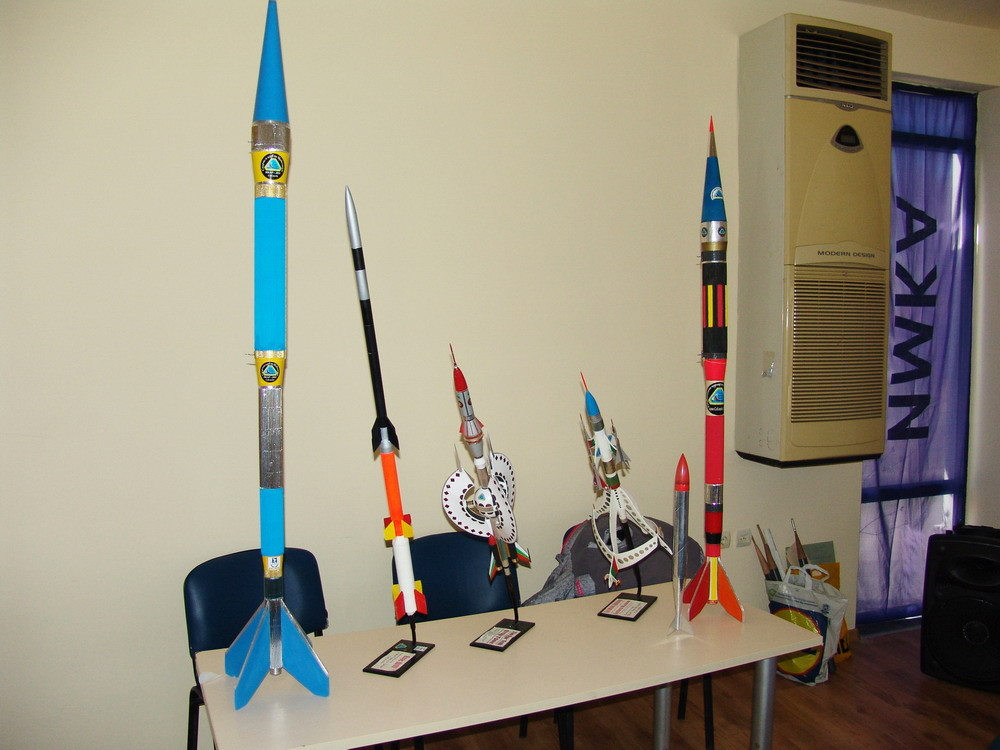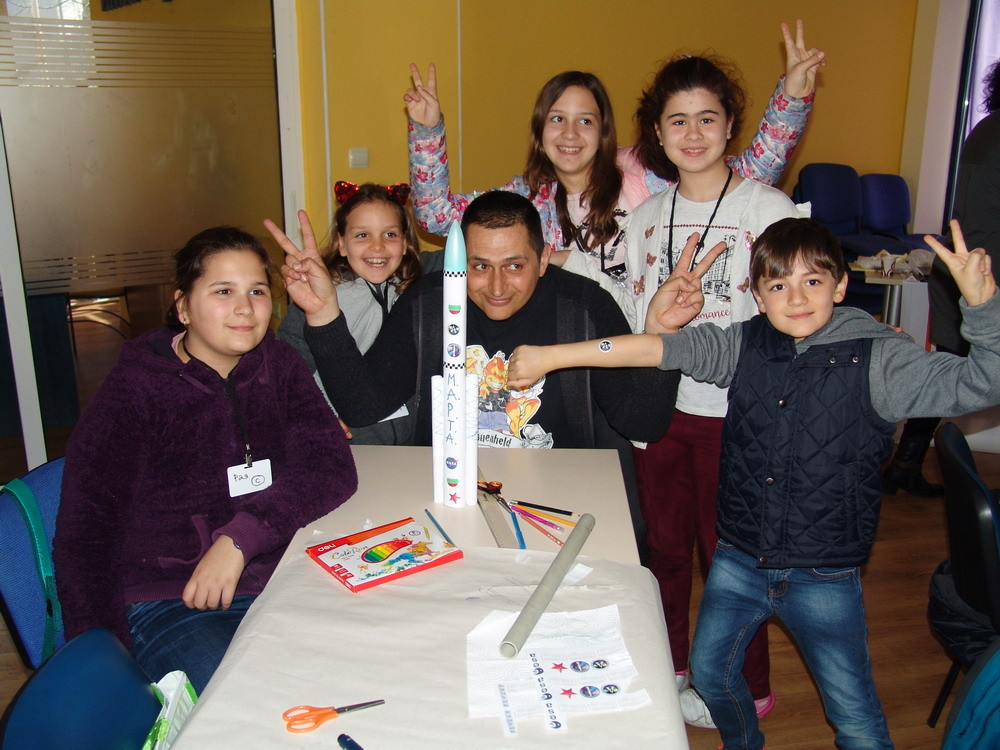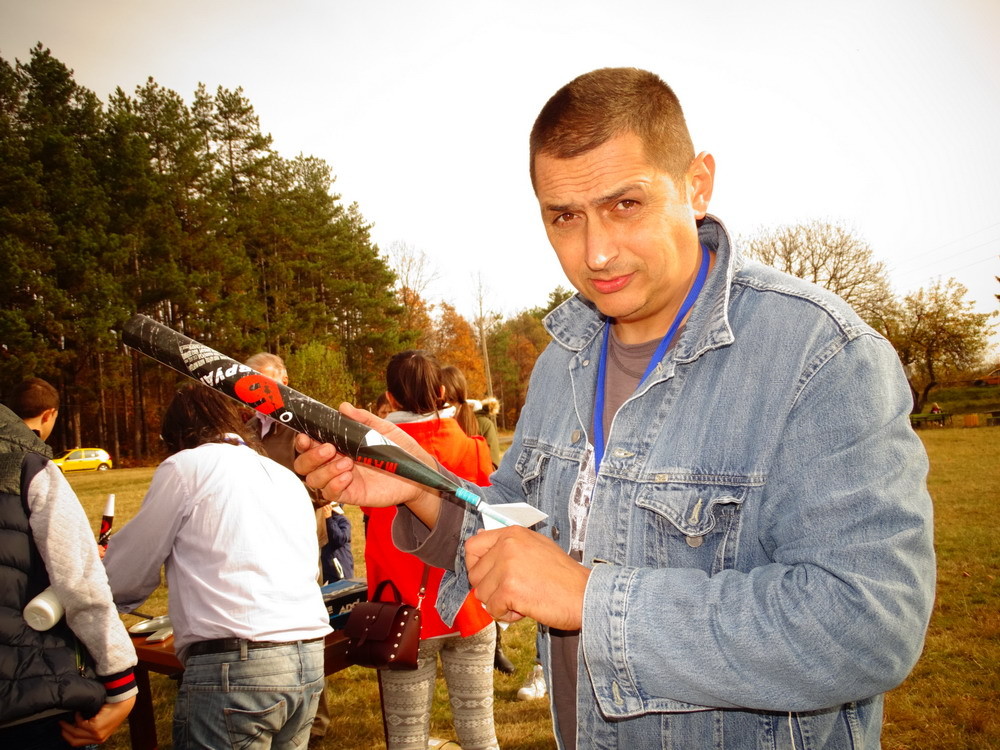

 "They act as creators, as engineers and leaders. I believe that the next Elon Musk is somewhere among our children," Ivaylo Radnev who is part of the team of Observatory for Ideas has told BNR correspondent Velina Mahlebashieva.
"They act as creators, as engineers and leaders. I believe that the next Elon Musk is somewhere among our children," Ivaylo Radnev who is part of the team of Observatory for Ideas has told BNR correspondent Velina Mahlebashieva.

At 04:00 Bulgarian time on October 26, 2025, we must turn our clocks back one hour. This means one more hour of sleep, but it does not eliminate the stress for the body as a result of the change in the biological schedule,..
A celebration of children’s love of books and imagination will take place on 25 October in Los Angeles, organised by the Bulgarian School “St. St. Cyril and Methodius” , according to the school’s Facebook page. The Parade of Books and Fairy Tale..
Romania renegotiates its National Recovery and Resilience Plan with the EU The European Commission has approved a new version of Romania's National Recovery and Resilience Plan, announced Minister for European Funds Dragos Păslaru, quoted by..
Minister of the Environment and Water Manol Genov has granted two centuries-old trees – each of which approximately 200 years old – protected status,..
Bulgarian compatriot Nina Vasileva-Zaneshev is one of the examples among the diaspora abroad, who give us confidence that wherever they..

+359 2 9336 661
